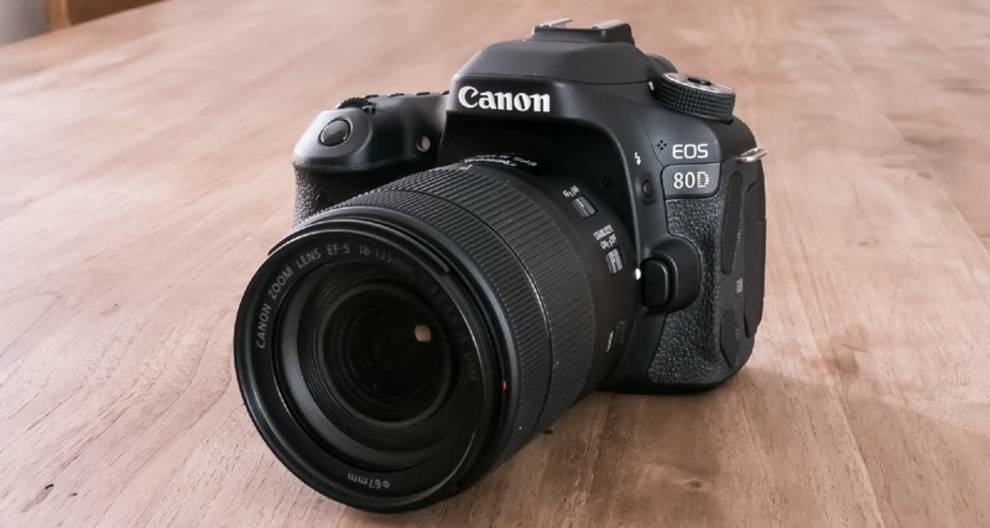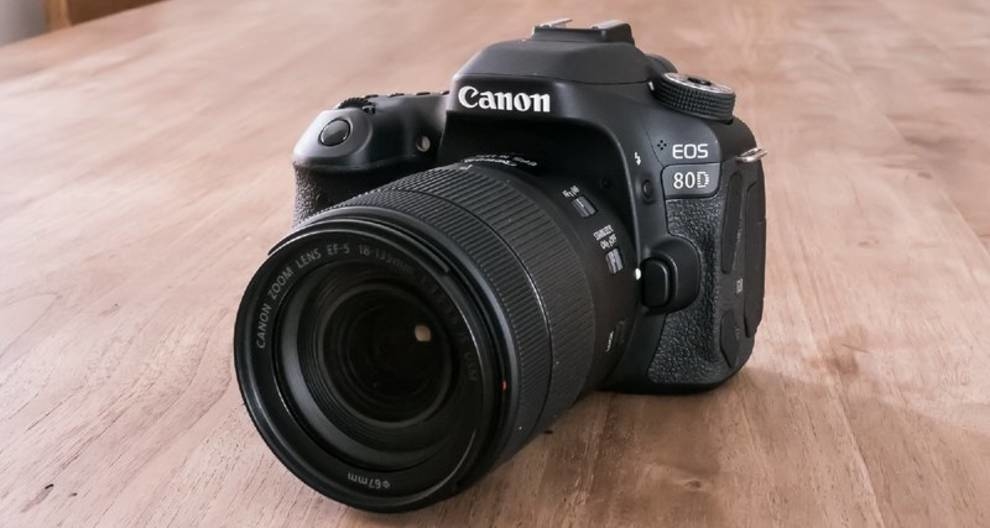
Cybersecurity experts identify potential threats to digital cameras

Photo © popmech.ru
Modern cameras connect to computers via USB, and some models have built-in Wi-Fi. But at the same time, cameras are at risk of being infected by viruses that the anti-virus program installed on the PC “skips”. Among these malicious programs, there may be those that block access to data, both on the computer itself and in the camera.
Experts have found that all digital cameras are susceptible to such cyber attacks. Moreover, both a computer and malicious Wi-Fi access points to which the camera is connected pose a potential danger.
The standardized protocol for transferring digital images from a camera to a computer Picture Transfer Protocol (PTP) is one of the main threats to the security of a digital camera. It contains dozens of different commands: from shooting in real time to firmware updates. However, the protocol is not authenticated or encrypted.
For the experiment, the Canon EOS 80D DSLR camera was chosen. Experts chose it for several reasons: its products account for more than 50% of the digital camera market, a specific model supports USB and Wi-FI, alternative Magic Lantern firmware is allowed.
In the public domain for a popular camera, you can find both legal and illegal firmware. But the second option is associated with many vulnerabilities, including critical ones, which are associated with access to the camera. By modifying the camera software, attackers download viruses. Often these are ransomware programs that block access to data, and require unlocking money to unlock.
It is noted that all modern digital SLR cameras are at risk. To minimize the risks of virus infection, it is recommended to use only official firmware, do not connect cameras to unverified computers and do not use unfamiliar Wi-Fi networks.
[video = "75fVog7MKgg"]


